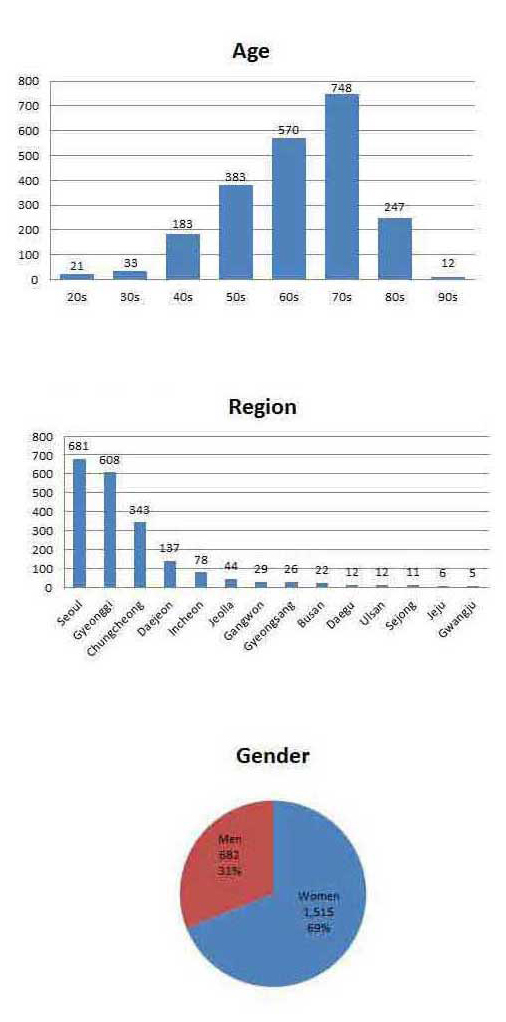The Ministry of Health and Welfare said Tuesday that seven terminally-ill patients died under a pilot project allowing such patients to refuse treatment, which started on Oct. 23.
The pilot project began after the National Assembly passed the “Act on determining medical care to prolong life,” also known as "Well-Dying Law," in February last year. The bill allows terminally-ill patients to decide whether to continue to receive treatments.

The law halts treatment on patients who express their intent to deny treatment either by signing a document or telling at least two family members. It also requires the confirmation from two doctors. If the patients cannot express their wishes, all family members must agree on halting treatment for the patient, along with the confirmation from two doctors.
Patients considering signing such documents have to go through a one-on-one consultation with a doctor.
The life-prolonging treatments include various services, such as the respirator, cardiopulmonary resuscitation (CPR), hemodialysis, and anticancer therapy, to extend patients’ lives with no therapeutic effects.
Currently, 10 medical institutions are taking part in the pilot program.
The bill also allows patients and healthy individuals to sign an advance medical directive (AMD), a document specifying whether they will receive or refuse life-sustaining treatment or hospice care -- so far 2,197 have done so.
People applying for the AMD have been steadily increasing from 203 cases during the first week to 685 cases during the fifth week. AMD applications also varied in age, region and gender.
The ministry 보건복지부 also plans to work out various procedures before the implementation of the law in earnest. Such plans include system construction, delivery system and education regarding the "Well-Dying Law."
The pilot project will run until Feb. 4, 2018, and will go into full effect afterward.

